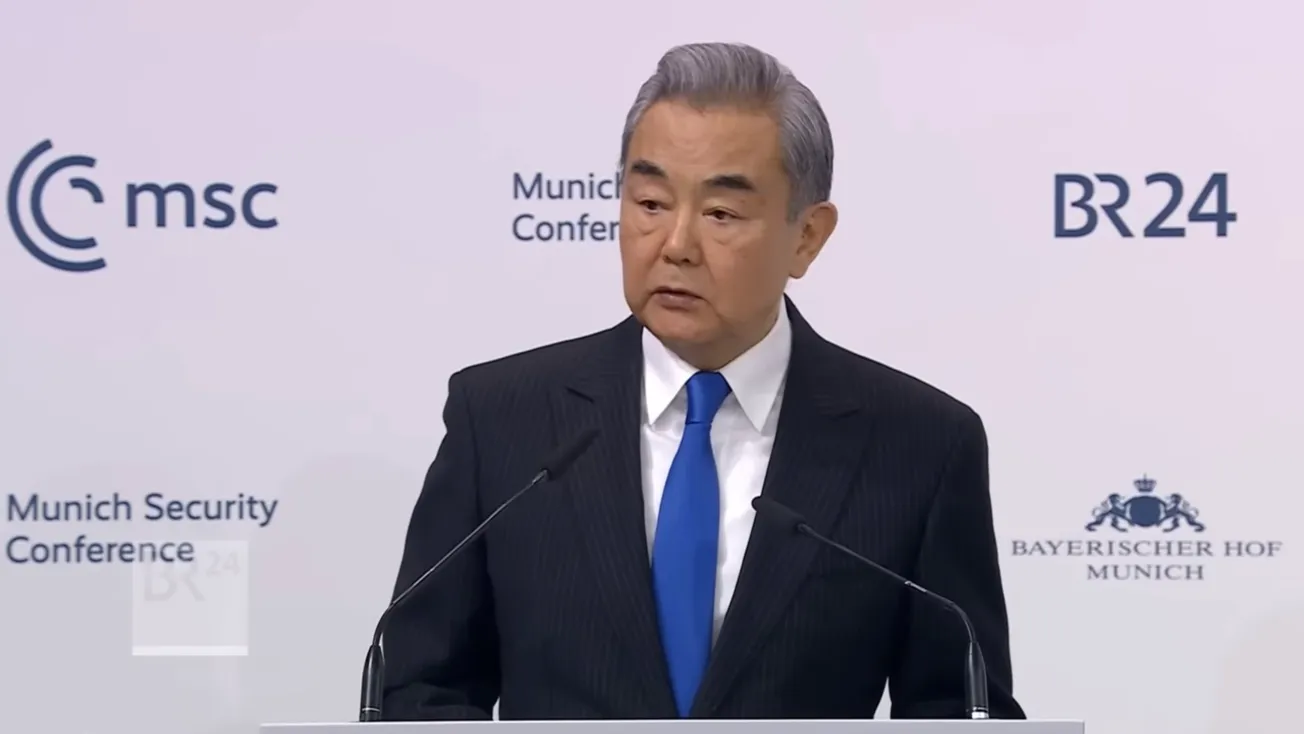The UN Security Council met in open session today, chaired by Indian Ambassador to the UN T.S. Tirumurti, which holds the rotating chairmanship in August, to discuss the situation in Afghanistan and its implications for the region and the world. The reports and exchanges remained within the confines of addressing belligerence and ceasefire prospects, without addressing the necessary context of initiatives for economic and humanitarian relief.
After many charges against the Taliban by several speakers, Tirumurti nonetheless extended support for dialogue between the Afghan government and the Taliban. “If the peace process is to be successful, then it is necessary to ensure that the Taliban engage in negotiations in good faith, eschew the path of violence, sever ties with Al Qaeda and other terrorist organizations, and commit itself towards reaching a political solution,” he said.
Dai Bing, chargé d’affaires of China’s UN Mission, stressed the importance of preventing terrorist elements from gaining force in Afghanistan. He reported on the offer of China to host negotiations of the parties within Afghanistan to come to reconciliation, according to Xinhua’s account this evening. Dai stated that no government should come to power by force, and China welcomes the dialogue process between the Afghan government and the Taliban, which took place in Doha, and their agreement to continue high level talks.
The meeting began with a briefing from UN Special Envoy for Afghanistan Deborah Lyons, who said of the Taliban: “A party that was genuinely committed to a negotiated settlement would not risk so many civilian casualties, because it would understand that the process of reconciliation will be more challenging, the more blood is shed,” she said. She continued in that vein, saying that more than 1,000 civilians were killed in the past month during a Taliban offensive. She assessed that “the threatening of large urban areas appears to be a strategic decision by the Taliban,” and called on countries meeting with Taliban representatives to “insist on a general ceasefire” and a “resumption” of the negotiations.



